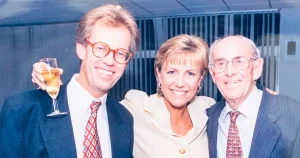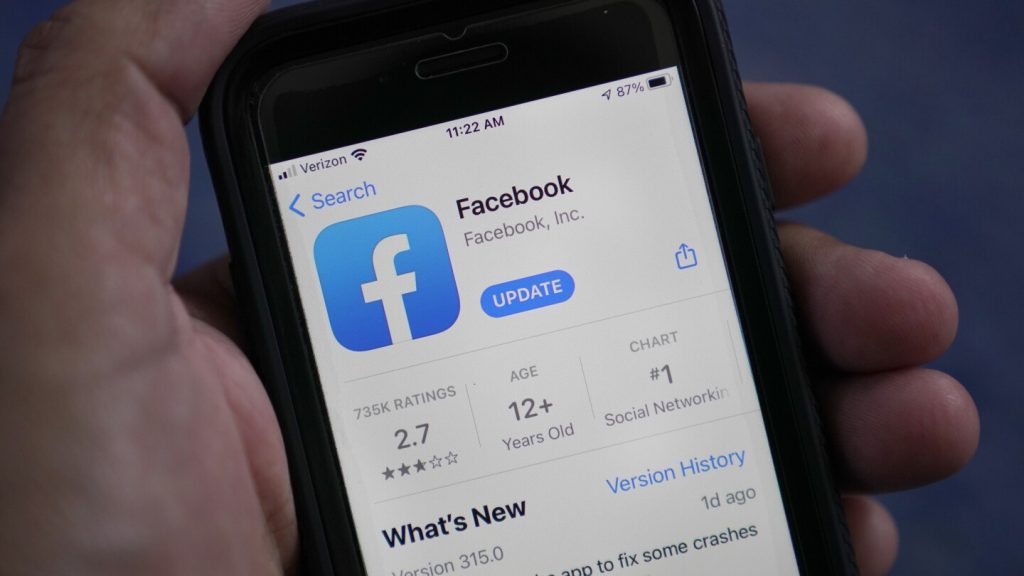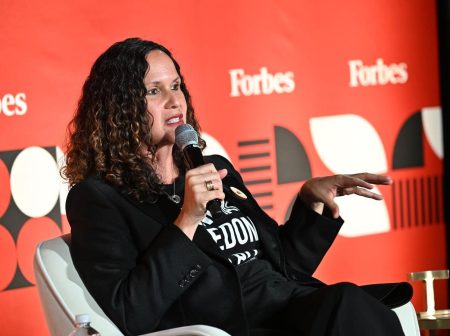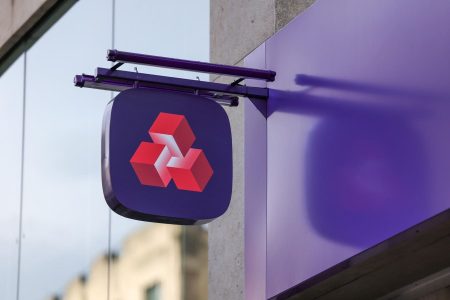Meta, formerly known as Facebook, has announced that it will be shutting down the Facebook News feature in the U.S. and Australia in early April. The platform had already discontinued this feature in the U.K., France, and Germany last year. Launched in 2019, the News tab curated headlines from national and international news organizations, as well as smaller, local publications. However, Meta is now trying to scale back its focus on news and politics on its platforms due to criticism about how it handles misinformation and its potential contribution to political polarization. Despite the shutdown of the News tab, users will still be able to view links to news articles and news organizations can continue to post and promote their stories on Facebook.
The decision to sunset the News tab is part of Meta’s effort to reduce the amount of news and political content on its platforms. The company wants to prioritize user control over the type of content they see, rather than having the system recommend news articles. This change does not impact posts from accounts that users choose to follow, but rather aims to give users more control over their news consumption. With major elections coming up, Meta is taking steps to distance itself from politics and potential controversies that could arise from political content on its platform.
Despite Meta’s efforts to scale back news content, misinformation continues to be a challenge for the company, especially during election seasons. Facebook was not originally intended to be a political platform, but as it grew in scale, it became increasingly embroiled in political debates and controversies. In light of this, Meta is taking a step back from politics to avoid becoming a political headline itself. The dissolution of the News tab is not surprising for news organizations, as Facebook traffic to their websites has been declining for years, prompting them to explore other avenues for audience engagement, such as search and newsletters.
While news makes up less than 3% of what users see in their Facebook feeds globally, many users still rely on social media for news consumption. According to a 2023 Pew Research study, half of U.S. adults get news from social media, with Facebook being a significant source. Three in 10 U.S. adults regularly get news from Facebook, while 16% get news from Instagram, also owned by Meta. Instagram recently faced backlash from users after it stopped recommending political content posted by accounts users do not follow. Although users have the option to turn off this filter in their settings, many were not aware of the change, highlighting the complexities of managing news and political content on social media platforms.
















